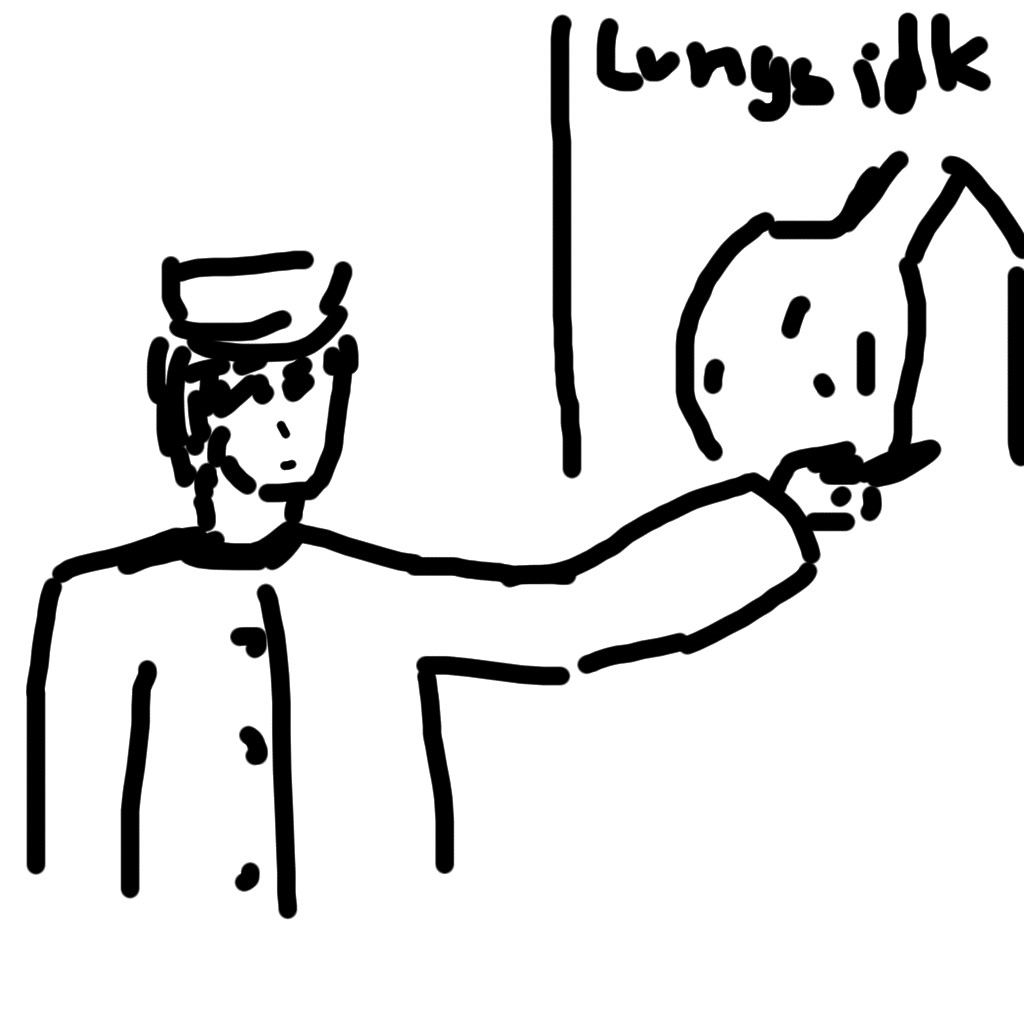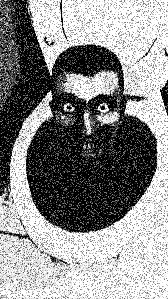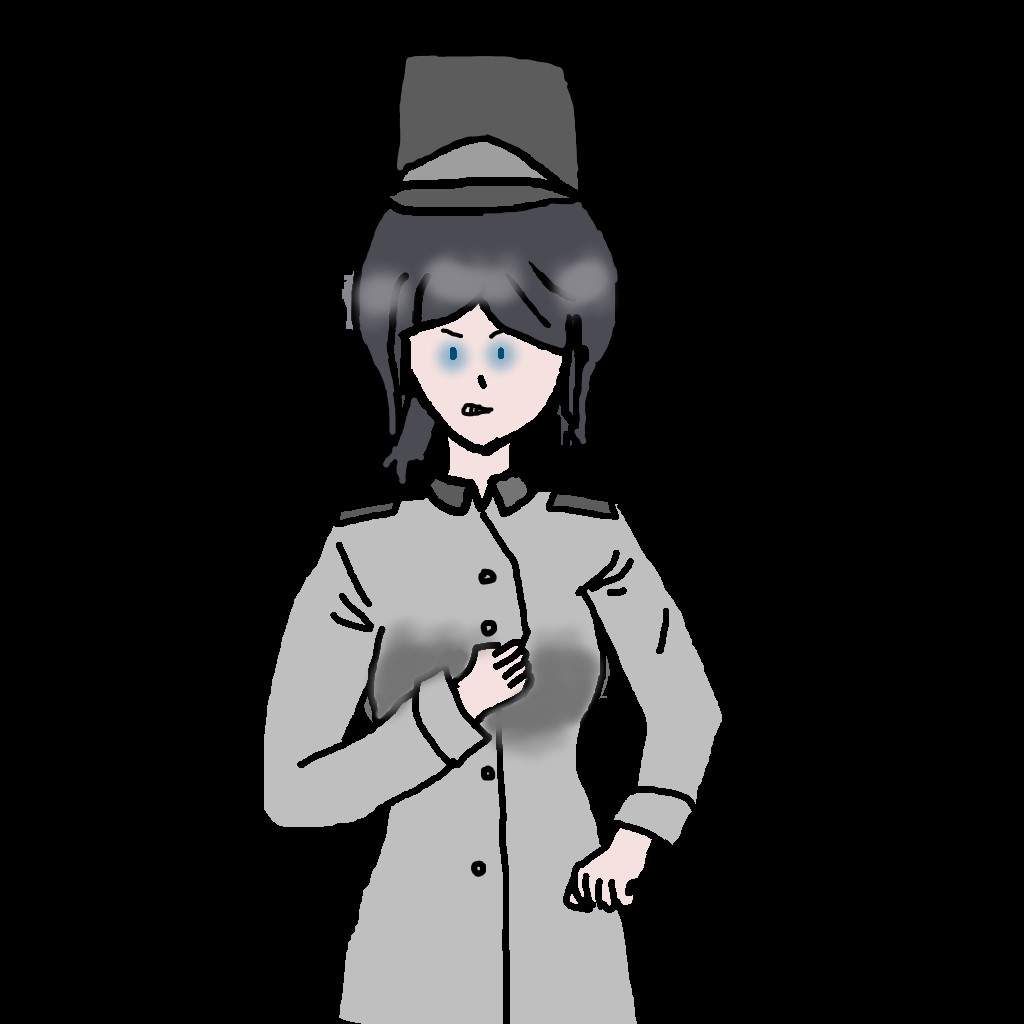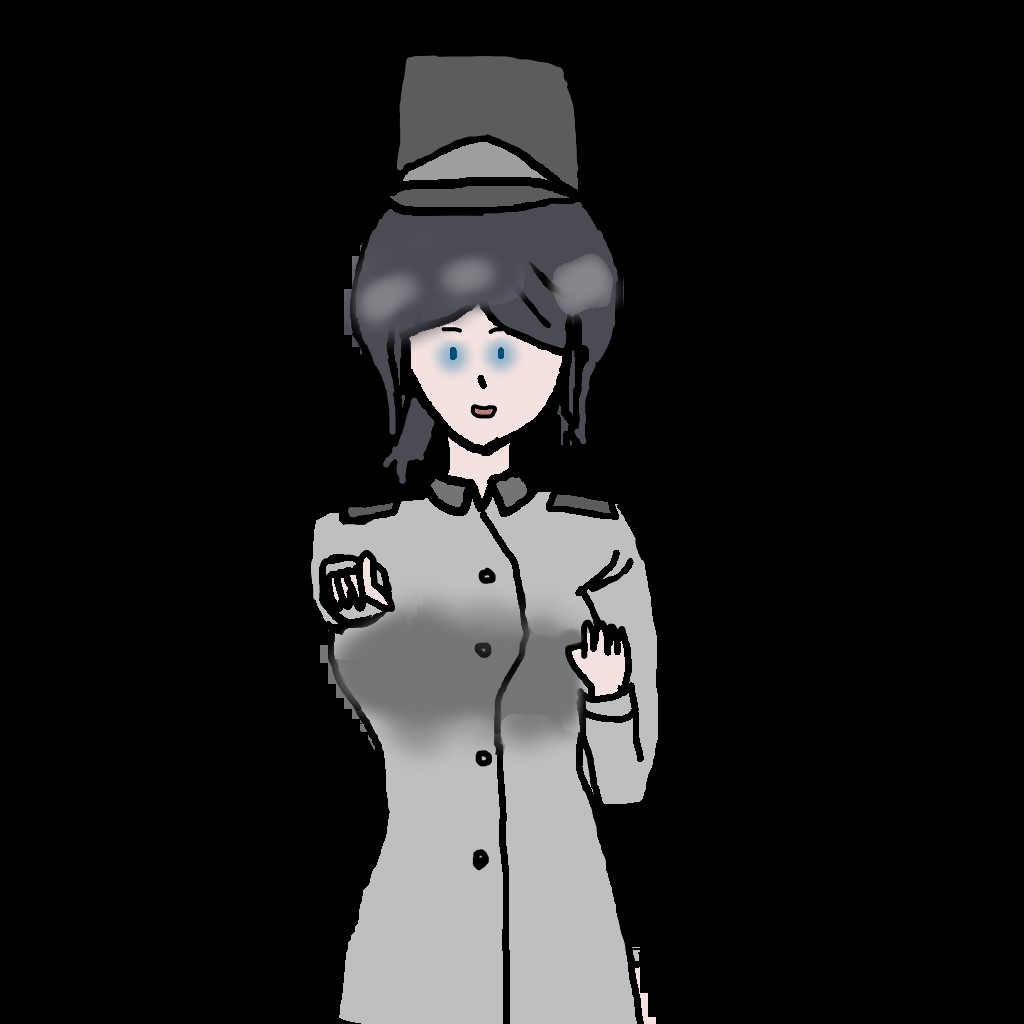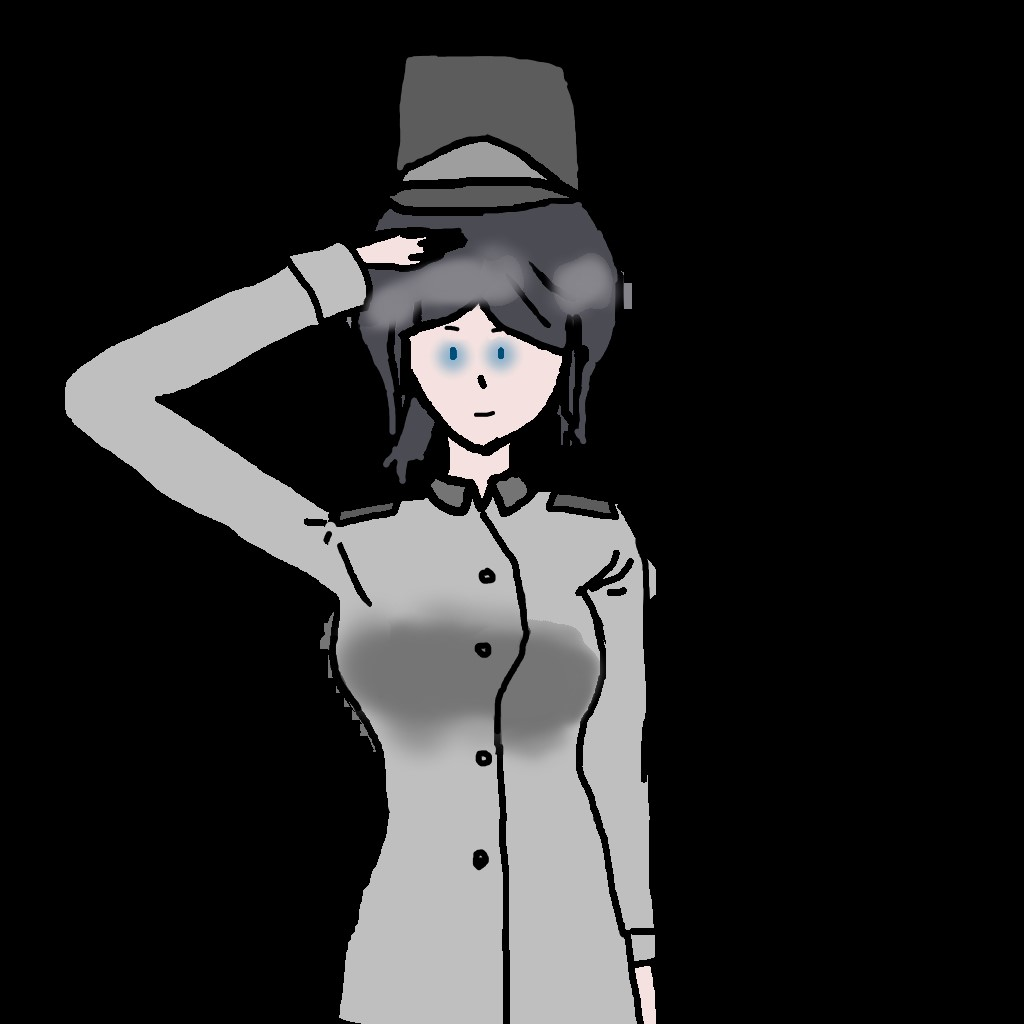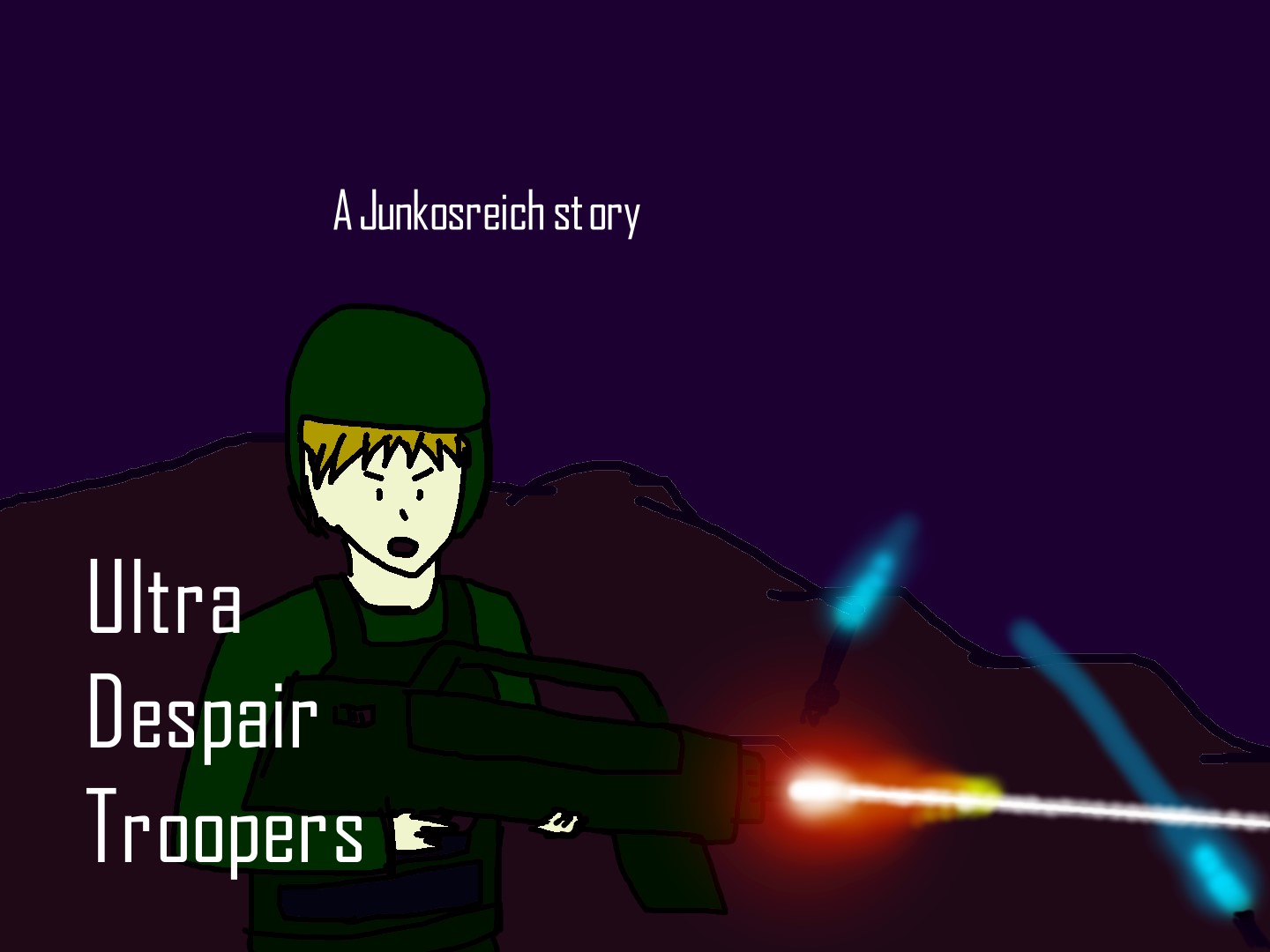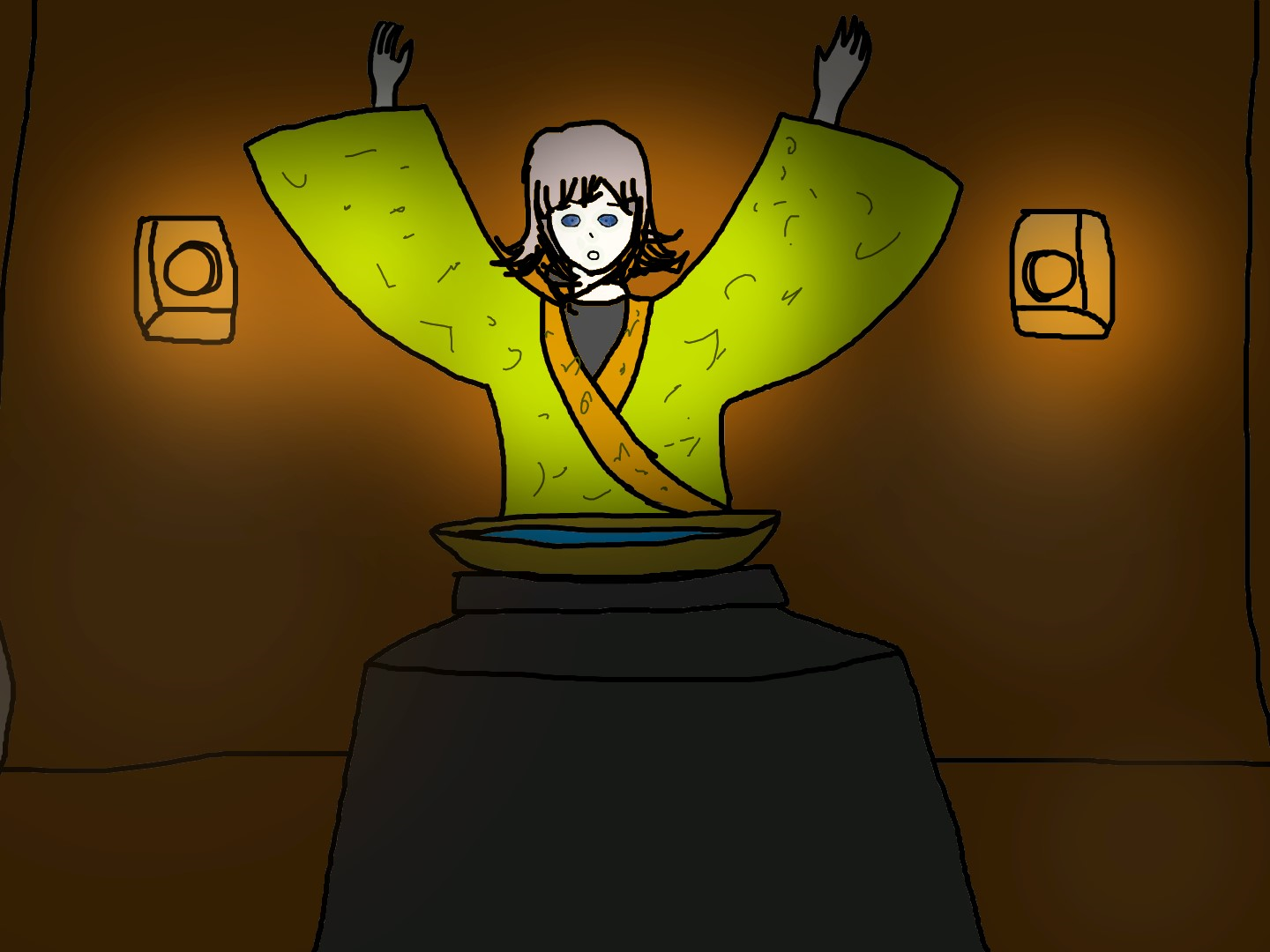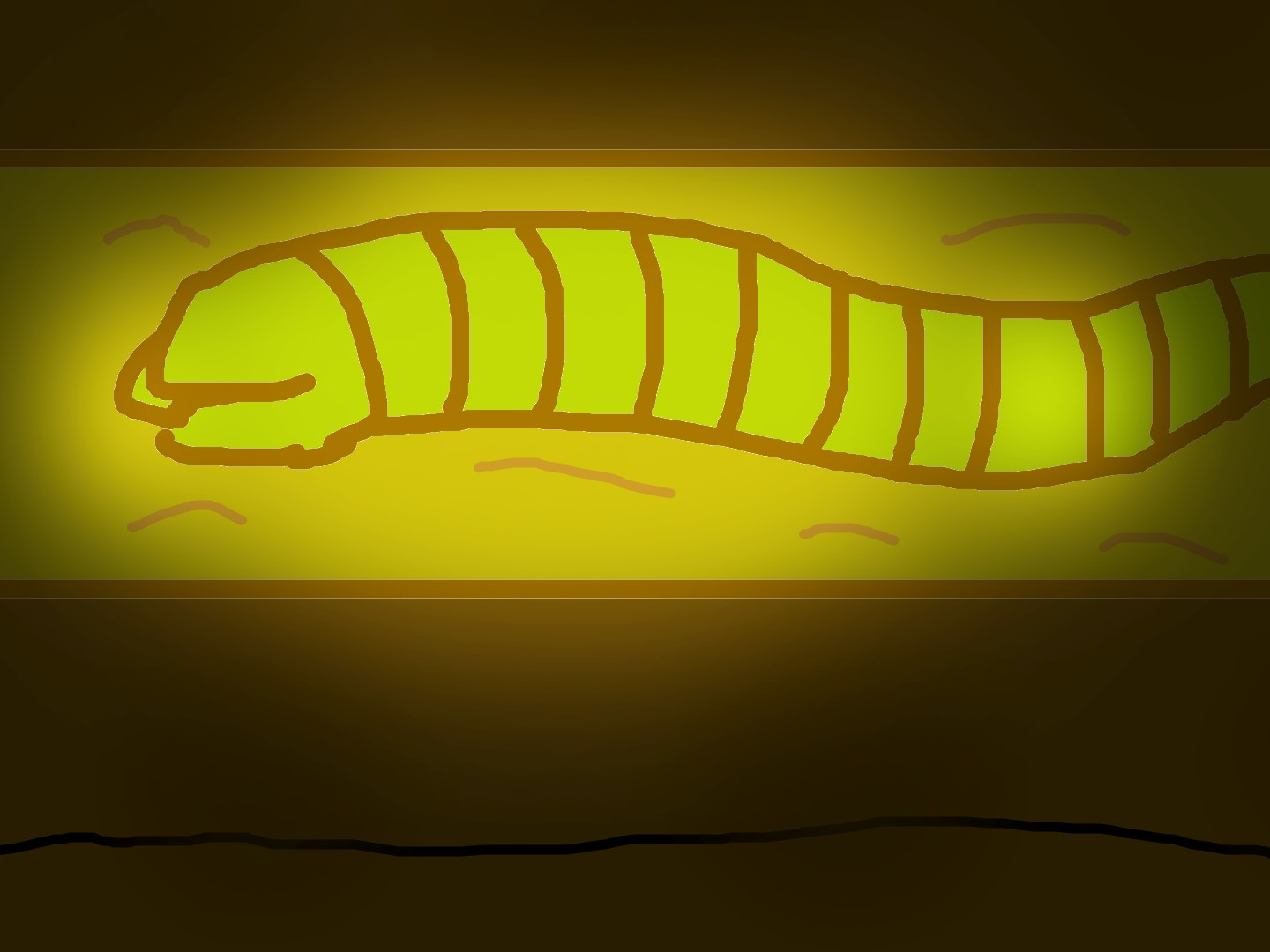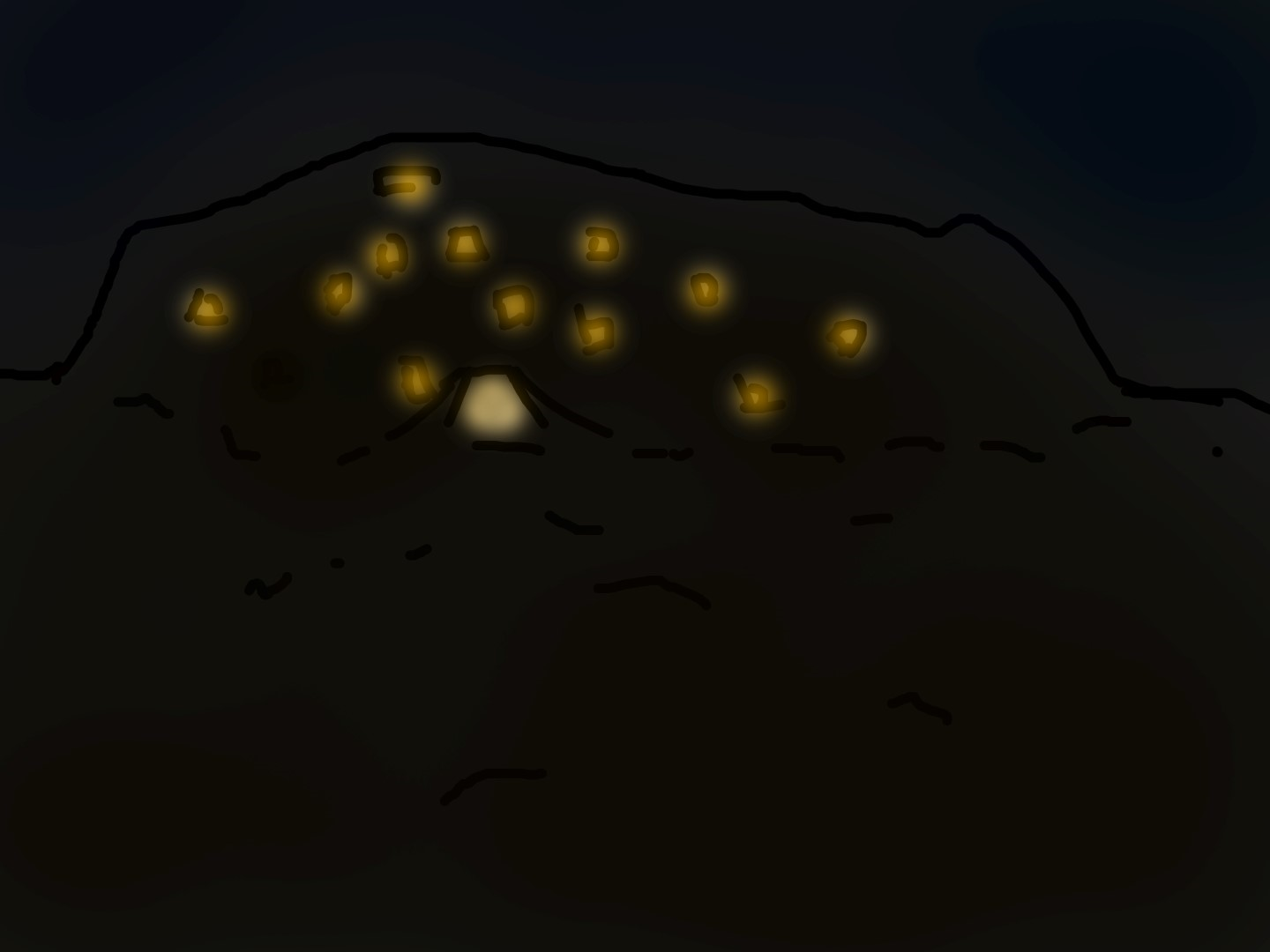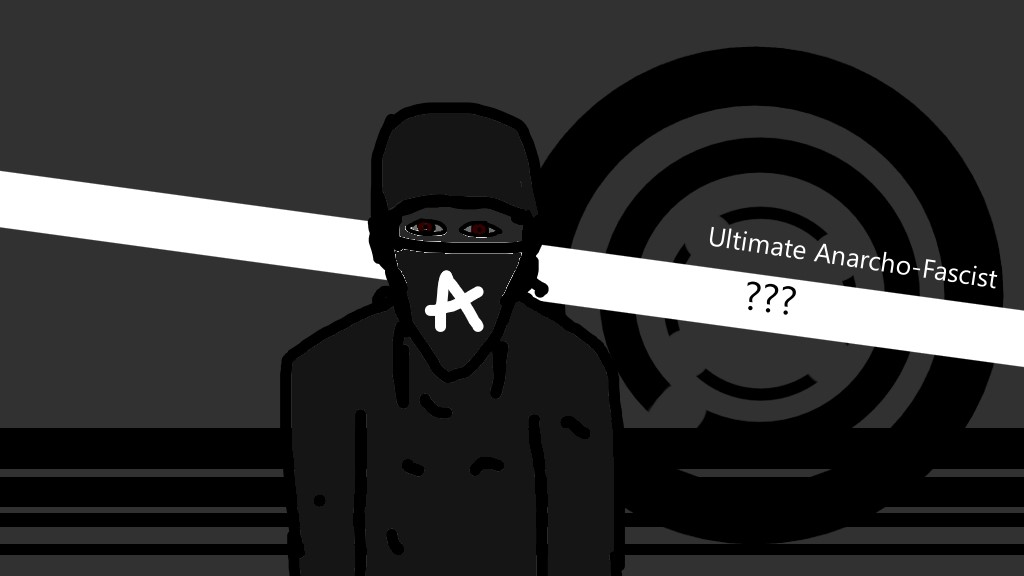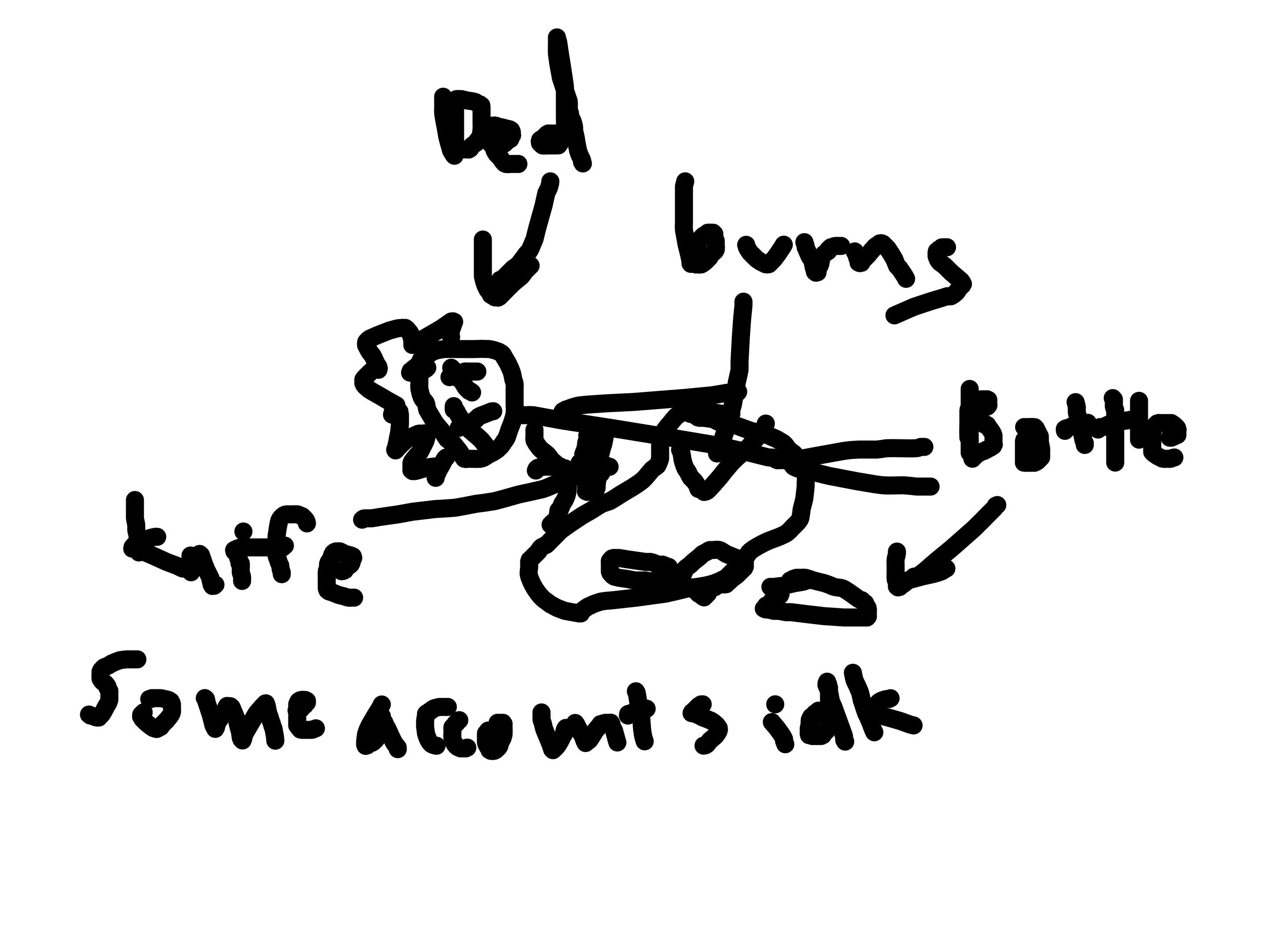Many of you probably know a little bit about the history of early modern China---the fall of the Qing dynasty, the civil war, and the foundation of today's China. Yet there's more to the story of China's path to socialism.
Chinese warlords may be a familiar term for some, and for me as well, yet for the longest time I only knew that they existed, not much about who they were, or what they did. A while ago I finally decided to pick up a book written by Lai Xinxia on this period of history. He is a very reliable scholar---after participating in the Chinese revolution he was assigned to sorting the archives of the Beiyang era, and over fifty years gradually improved his draft until publishing the final edition of his book, "History of the Beiyang Warlords", in 2004. I have made a summary of it here to educate more people, something I have not spent as much time doing as I should have.
First, a definition. The Chinese term for a single warlord group is 系, which can translate to system, line, etc. The generally accepted english translation for this is 'clique', which I will use here. The english translations for the clique names seem to be based on location (province names) rather than abbreviations commonly used in Chinese. I will be using the Chinese versions here since I'm too lazy to find the english translations for all of them.
After the opium wars, many Qing officials realized the importance of self-strengthening and creating a modern army. Li Hongzhan, one of the many han officials who rose to prominence in the last years of the Qing empire, created his own army, the Xiangjun, with modern equipment and training methods. Eventually this unit proved instrumental in defeating the Taiping rebellion, and for a time there was hope within the empire that expanding the 'new army' would lead to the empire being able to resist foreigners and establish its sovereignty. The Empire also created two foreign affairs departments, Beiyang (north sea) and Nanyang (south sea) respectively. As an important Beiyang civil servant, Li Hongzhang was the forerunner of the powerful warlords who would come to control vast portions of China in the first few decades of the coming century.
Yet without changing society, the new armies soon fell to corruption, and by the time Japan declared the Jiawu war the Beiyang Fleet, a modernized fleet the Qing government had established, was largely corrupted, ineffectual, and quickly defeated by Japan despite strong patriotism and determined resistance by patriotic soldiers and officers alike.
Yuan Shikai was at this time only a minor officer, who at some point was stationed in Korea. Despite a minor incident in which he was reported to the government, many praised his effective training of his own army, with some westerners remarking that China would be saved if they had more units like his. Yet during the invasion of China by the eight powers, instead of going into battle he decided to withdraw to preserve his own strength, with the result that he took almost no losses while his sister units of the new army were completely crushed. After the ordeal, he then escorted Cixi back to the forbidden city, and won the affection of many in government with this action. One thing to note is that in 1895 Yuan Shikai began conducting military drills in Xiaozhan (little station) near Beijing, which many scholars consider to be the beginning of the Beiyang era.
In 1911 the Xinhai revolution erupted and the imperial system which had existed in China for millennia was overthrown. While this was a bourgeoisie revolution, it nonetheless pushed history forward greatly in China. Yet at this point many of the revolutionaries were politically naive, including Sun Zhongshan, the leader of the new Republic of China, and believed that their country could not succeed without existing figures of authority in government. This, combined with Sun's own lack of political experience, led to the new government electing Yuan Shikai as its first official president. The Tongmenghui, Sun's revolutionary party, decided to engage in parliamentary politics, and slowly began to lose its revolutionary characteristic.
Yuan was not content with merely being president and being constrained by the majority-tongmenghui (which around this time had rebranded itself as the Guomindang, 'party of the national people') parliament. So after a few years of rule and forcing through laws that increasingly gave him power, he finally declared himself emperor of the Chinese Empire and disbanded parliament. Before this, he had also secretly signed a humiliating treaty with Japan to win support secretly in 1915. This will become important later...
Yuan's move was met with opposition from almost everyone in China, even including monarchists, who wanted the former Qing empire on the throne. His own subjects were also unhappy, as their potential position as Yuan's successor was now only available to his children. After a few short months Yuan died from sickness, and democracy returned. Yet...
During Yuan's monarchy, Sun Zhongshan had advocated for a Second Revolution. Working in the south and gathering the support of revolutionaries and local warlords, he managed to establish a southern government. Yet he controlled very few armies himself, with only a few fleets in the navy supporting him. Most of the armies fighting for the southern republic were warlords who only opposed Yuan for their own gain and cared little for progress in China.
In the North, after Yuan's death splits began to appear in the previously cohesive Beiyang bloc. The Wan clique, led by Duan Qirui, and the Zhi clique, lead by Feng Guozhang. While Duan advocated for using force to unify China and defeat the southern government, Feng wanted a peaceful reunification, more because he was opposed to Duan than any other reason. To resolve their conflict, they appointed a third party, Li Yuanhong to take on the role of the president of China.
At this point, Zhang Xun, a staunch monarchist, led his army into Beijing with the pretext of mediating a negotiation between the Wan and Zhi cliques. Instead, he seized power with his 'pigtail army' and promptly reestablished the Qing empire, with the child emperor Puyi (who had been treated well and allowed to stay in the forbidden city by the revolutionaries) as its leader.
Of course this did not last long, with all the Beiyang warlords coming to oppose him. Duan Qirui gave himself the title of creating democarcy three times with his defeating of Zhang Xun, and the Wan clique at this point became the dominant player on the Beiyang stage. Yet the country was still divided into north and south, and tensions between the two cliques were growing more heated by the day.
(part 1 concluded)
